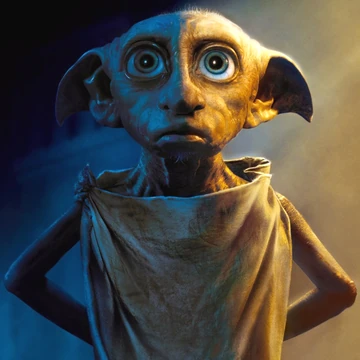In my previous article we discussed technological differences; this article focuses on cultural differences. Perhaps the cultural differences aren’t as clear in one’s awareness, but can be very important and just as far-reaching. Don’t underestimate culture!
Part of world building is figuring out the consequences of changes you make from the technological and cultural background that you start with. You always start with something. For example, there’s often an assumption that there are horses large enough to be ridden in the world, even though for thousands of years of real-world history, they weren’t large enough to ride.
Your Turn: In your experience, what was the change (from the “default”) in world-setting that made the biggest difference?
Part of world building is figuring out the consequences of changes you make from the technological and cultural background that you start with. You always start with something. For example, there’s often an assumption that there are horses large enough to be ridden in the world, even though for thousands of years of real-world history, they weren’t large enough to ride.
Trapped by Tolkien
Some world builders get “trapped by Tolkien” as I like to put it. They think elves must be like Tolkien’s (even though those aren’t traditional), dwarves must be like Tolkien’s, etc. Imagine elves with the capabilities of Tolkien’s, but inclined to be Imperials! It’s a change of culture only, but a mighty one. Imagine if dwarves and orcs tended to work together! Similarly, monstrous humanoids aren’t necessarily antagonistic towards humans and vice versa. These are cultural changes that can differentiate your fantasy world from so many others and while subtle, but they can make a big difference. Turn your imagination loose, don’t let it be constrained by a single author or book.Magical Attitudes
Attitudes toward magic make a big difference on how a setting works. In one setting the magic users may be the rock stars, while in another they may be dreaded and avoided shadowy figures; they can be as rare as professional athletes or an everyday occurrence.Modern Attitudes
It’s probably inevitable that modern attitudes will shape how game masters create their fantasy worlds. Using slavery as one example, whether or not it “makes sense” in a world must also be balanced by how it will be represented in the game. If you are going to take on mature topics for a fantasy world that has a long history similar to our world (including the unpleasant parts), you should consider how your players will deal with the topic.Intentions
I haven’t said much about intentional versus unintentional change to a fantasy world, because in the end it’s the change that matters, not the intention. I suppose you’re more likely to figure out what changes will occur, when you’re intending to introduce changes. But a world is a huge collection of interactions, and any change is likely to affect more than you intended.Your Turn: In your experience, what was the change (from the “default”) in world-setting that made the biggest difference?




